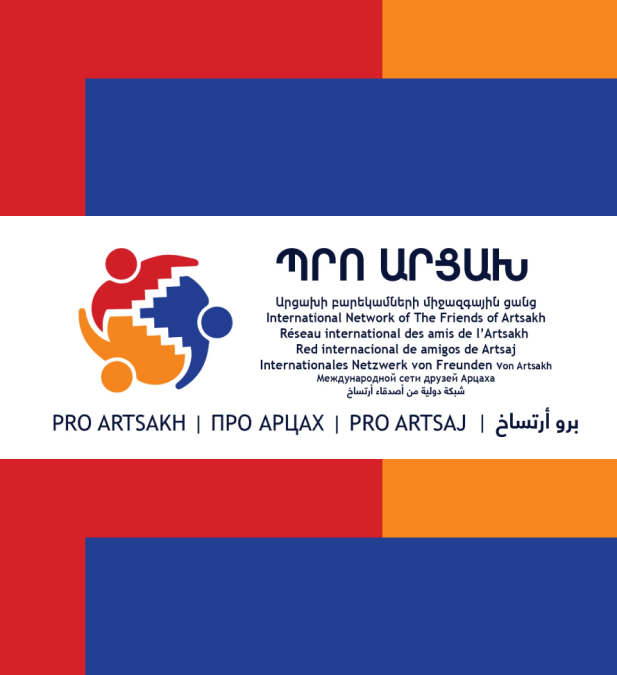
News

ANCA Welcomes Launch of Swiss Peace Initiative for Nagorno Karabakh
May 26th Forum in Bern Aims to Secure Right of Return for Displaced Artsakh Armenians WASHINGTON, DC – The Armenian National Committee of America (ANCA) welcomes the May 26th launch of the “Swiss Peace Initiative for Nagorno-Karabakh” – a groundbreaking, cross-party initiative by Swiss Parliamentarians to advance the Swiss government’s decision to establish an international platform […]
Read more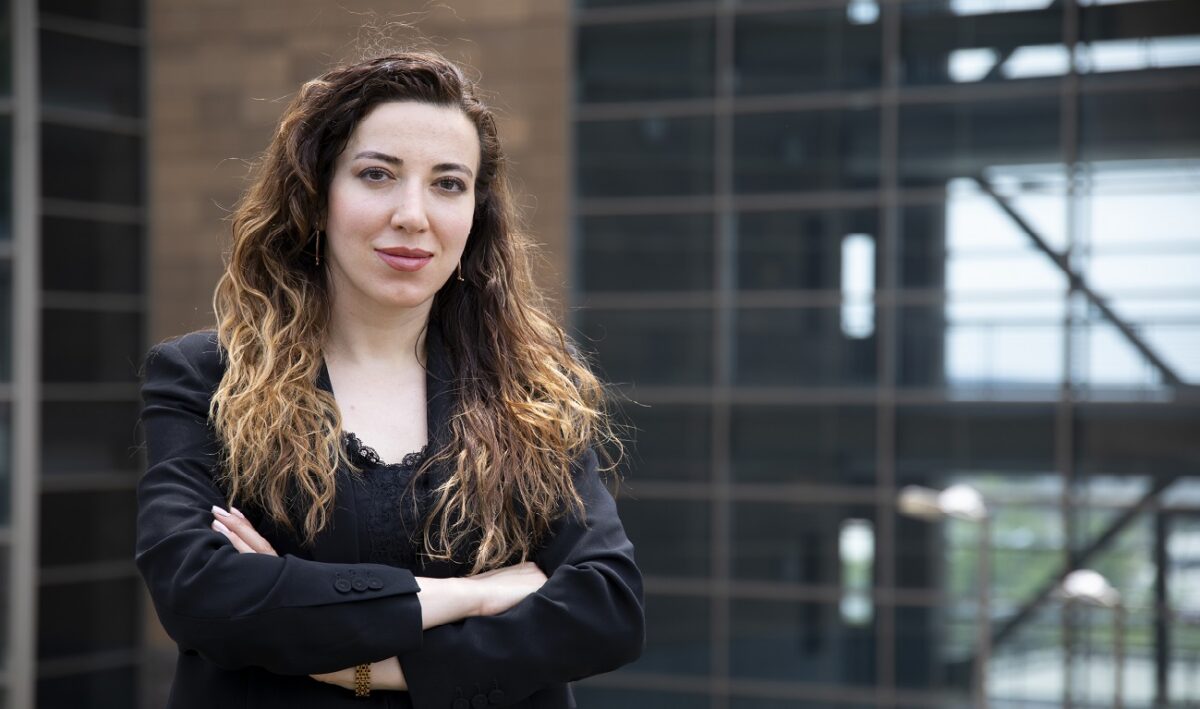
If the Armenians of Artsakh do not remain consistent in their property claims, they will face a real risk of losing their assets – Siranush Sahakyan
International law expert and legal representative of Armenian POWs at the European Court of Human Rights, Siranush Sahakyan, responds to questions from “Medialab.” – Ms. Sahakyan, there are reports that Azerbaijan has started preparatory work to nationalize the property of Artsakh Armenians. The authorities have also begun to claim that 80% of that property allegedly […]
Read more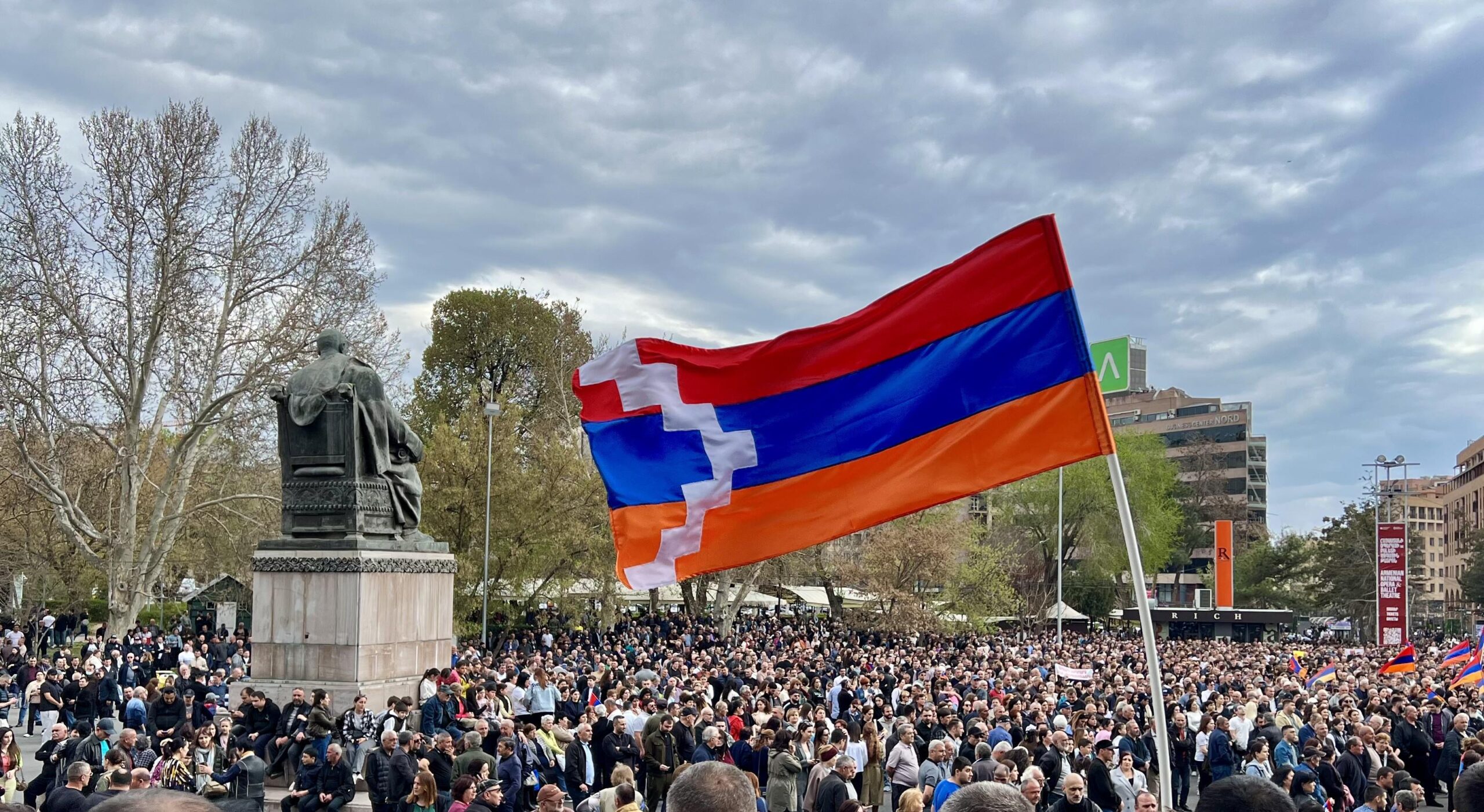
Displaced Karabakh people demand right of return and continuation of social support
Thousands of displaced Armenians from Artsakh (Nagorno-Karabakh) and others rallied at Freedom Square in Yerevan on March 29, presenting a series of demands to both the Armenian government and the international community. The demonstration, organized by the Council for the Protection of the Rights of Artsakh People, focused on their right of return and the […]
Read more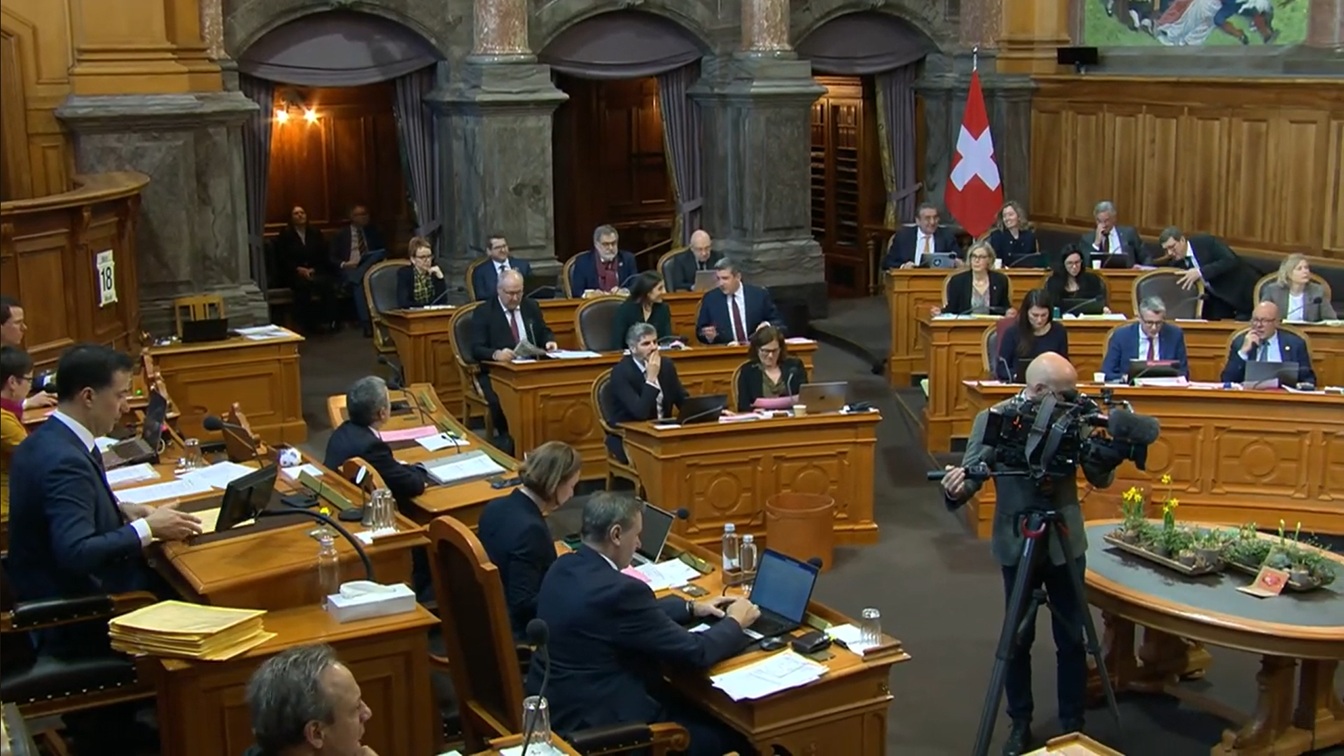
Switzerland Opens a Diplomatic Door—for Armenia to Walk Through
Op-ed by Vartan Oskanian, Armenia’s former foreign minister (1998-2008) By adopting the motion titled “Peace Forum for Nagorno-Karabakh: Enabling the Return of Armenians”— the Swiss Council of States has delivered a rare but essential breakthrough in the stalemated diplomacy surrounding the South Caucasus. With both houses of the Swiss Parliament now backing the initiative, the Federal Council is […]
Read more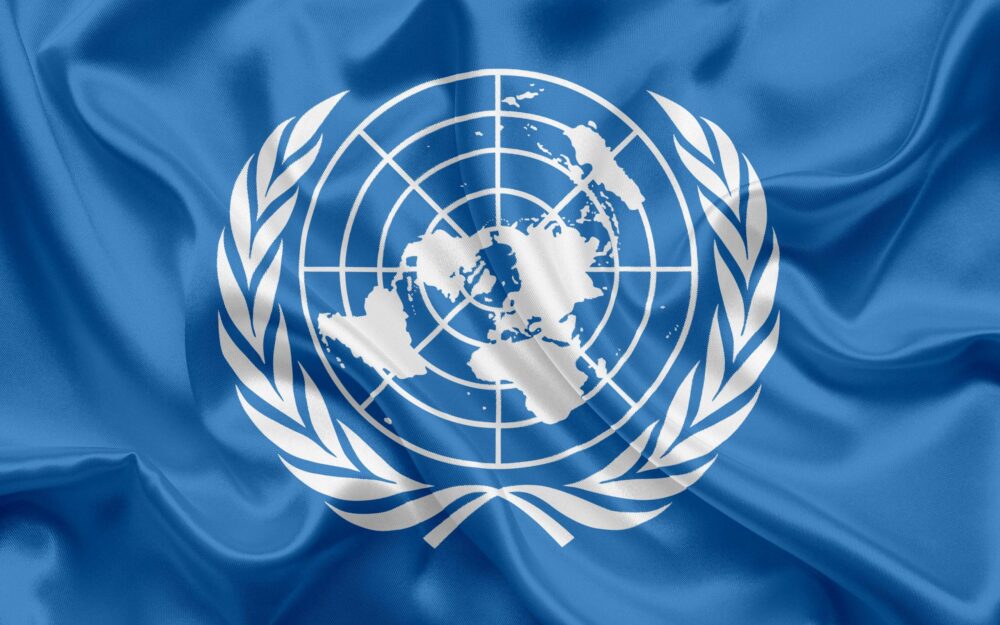
Letter by grassroots organization of Armenian refugees from Azerbaijan circulated as official UN document
A letter by Gardman-Shirvan-Nakhijevan Pan-Armenian Union, a civil society organization established to protect the rights of Armenian refugees from Azerbaijan, about the 1988 anti-Armenian pogrom in Sumgait, has been circulated by the UN as an official document. The letter addressed to the UN Secretary-General is titled “Appeal for remembrance and justice for the Sumgait massacres […]
Read more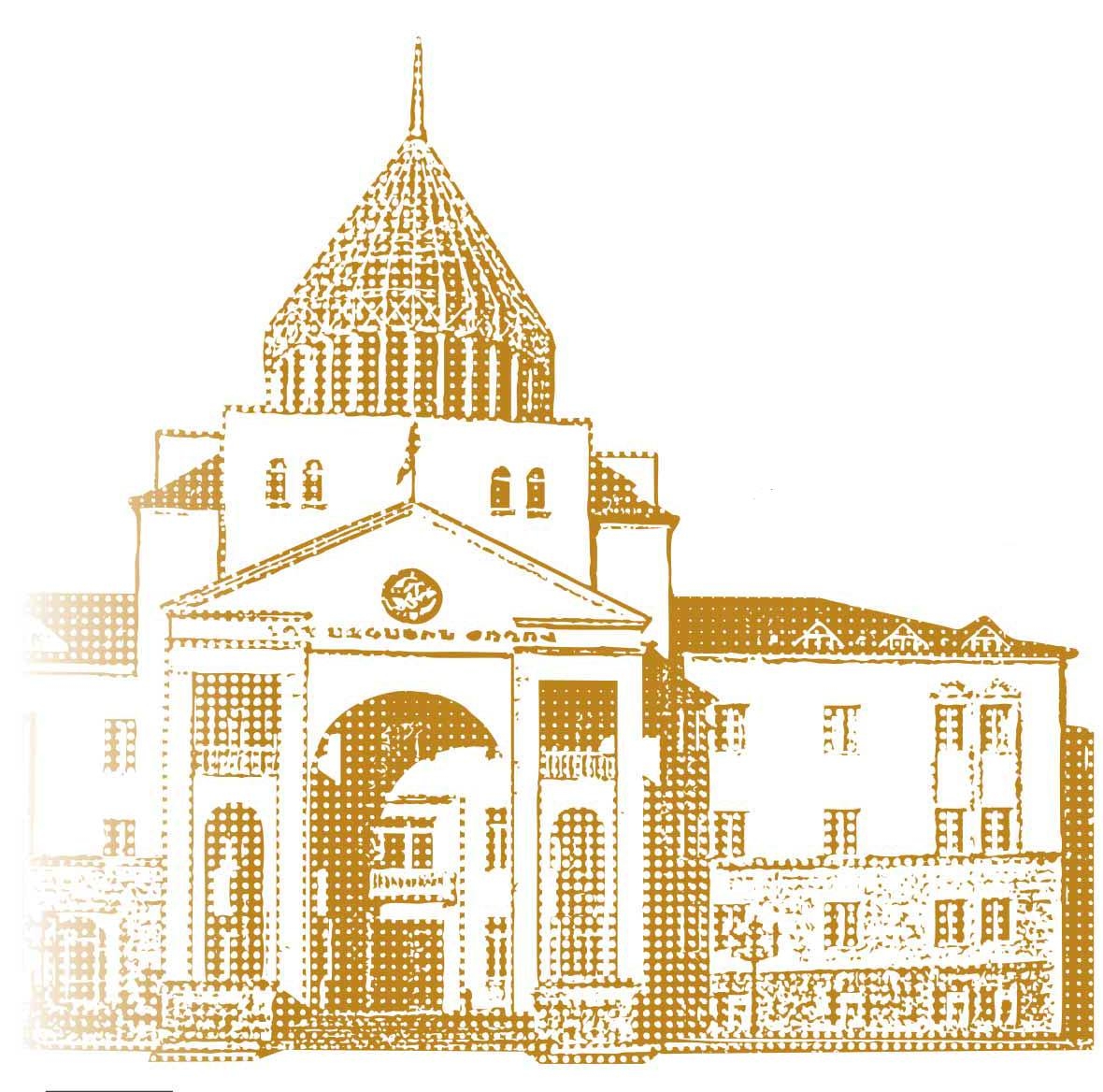
Artsakh Parliament Acting Speaker Bagunts: We Thank the Swiss Parliament for Its Principled Position
PanARMENIAN.Net – Gagik Bagunts, acting president of the National Assembly of the Republic of Artsakh, has expressed gratitude to the Swiss Parliament for its attention to the people of Artsakh and its principled stance. This was stated in his official announcement. He noted that such a united and principled position reflects Switzerland’s commitment to international […]
Read more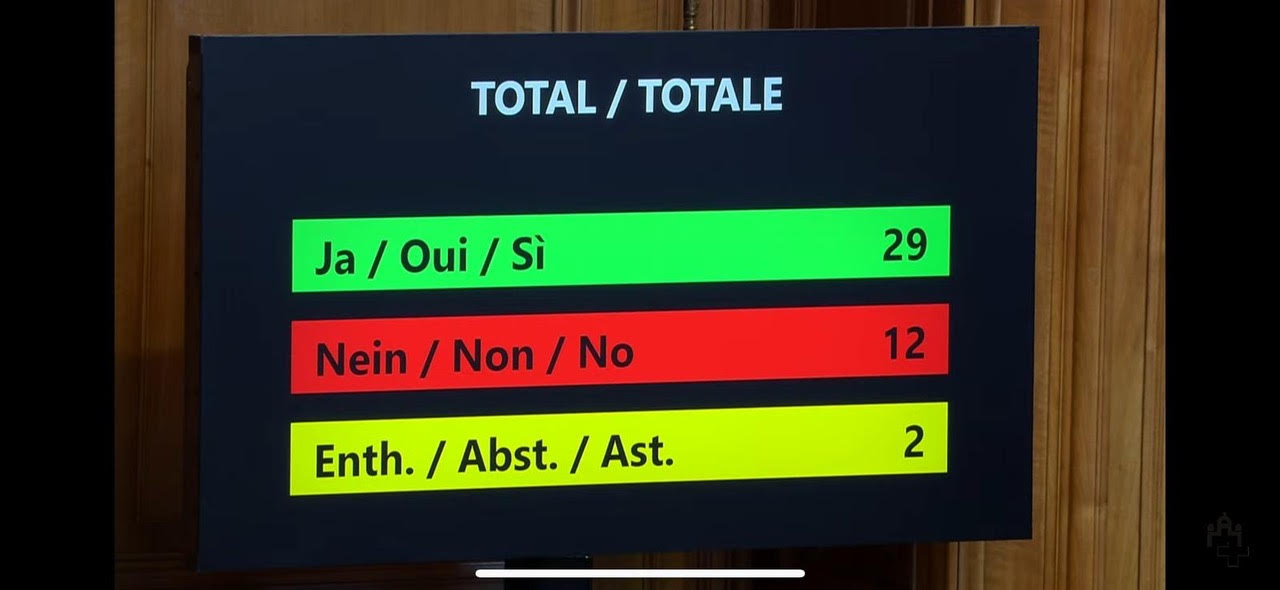
Swiss Parliament Adopts Motion to Launch Peace Forum for Nagorno-Karabakh
March 18, 2025 Today, the Council of States—the upper house of the Swiss Federal Assembly—adopted Motion No. 24.4259 titled “Peace Forum for Nagorno-Karabakh: Enabling the Return of Armenians.” With 29 of its 46 members voting in favor, the Council endorsed the initiative urging Swiss authorities to establish a dedicated forum for dialogue between representatives of […]
Read more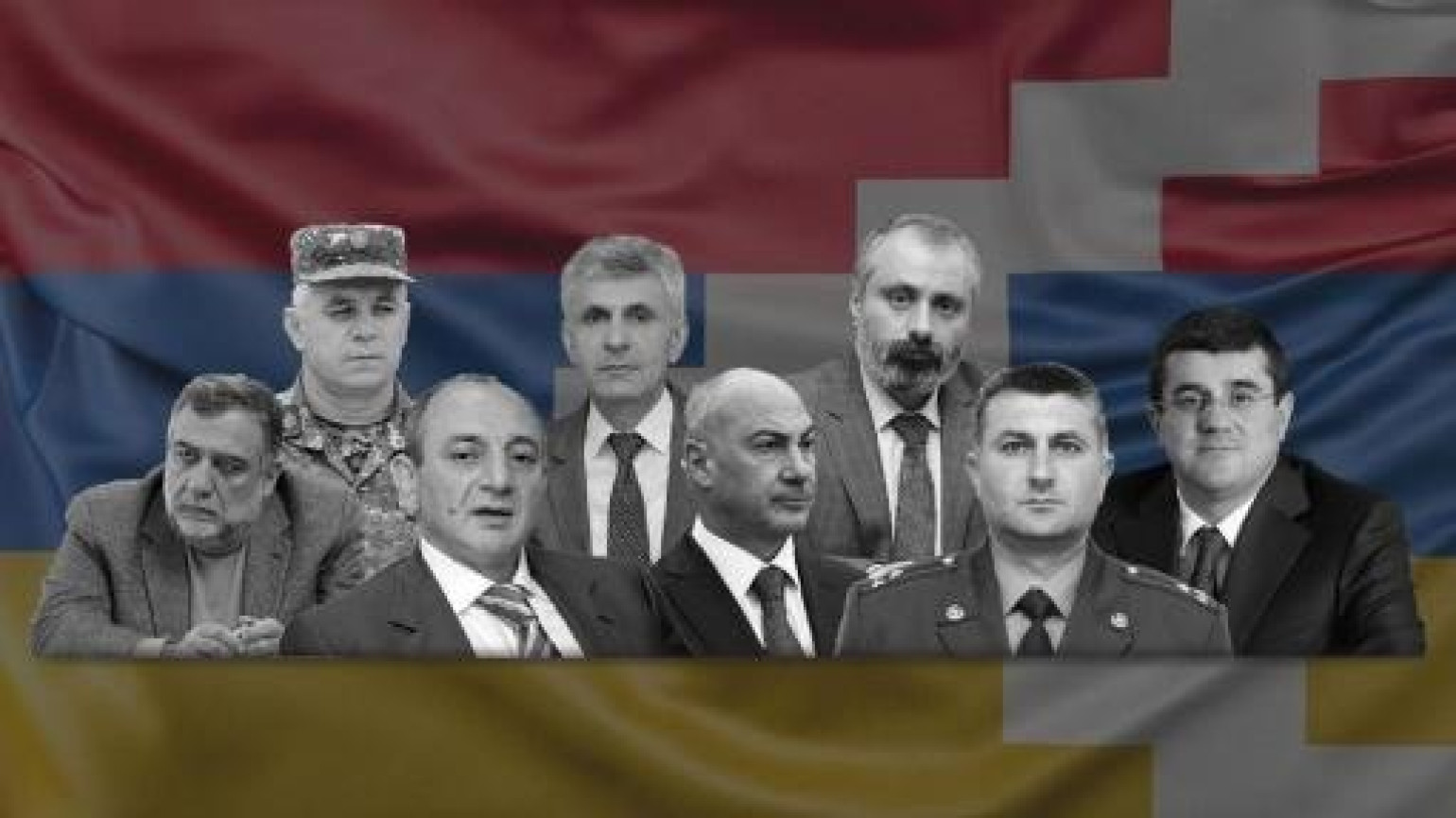
Որոշեցինք հնարավորինս մեծացնել ջանքերը Բաքվում պահվող հայերի ազատ արձակման ուղղությամբ՝ ընդգծելով նաև Հայաստանի կառավարության մտահոգիչ անգործությունը. Արցախի ժողովրդի հիմնարար իրավունքների պաշտպանության հանձնախումբ
Արցախի ժողովրդի հիմնարար իրավունքների պաշտպանության հանձնախումբը հավաքվել էր Երևանում ամբողջ կազմով։ Հանդիպման ընթացքում հանձնաժողովը գնահատել է իր աշխատանքների առաջընթացը, վերլուծել ներքին, տարածաշրջանային և համաշխարհային զարգացումները և պլանավորել ծրագրային հետագա քայլերը։ Բացի այդ, հանձնաժողովը հանդիպումներ է ունեցել Արցախի Հանրապետության Ազգային ժողովի նախագահի պարտականությունները կատարող Գագիկ Բաղունցի և ԱԺ պատգամավորների հետ, նշված է հանձնախմբի տարածած հաղորդագրության մեջ։ […]
Read more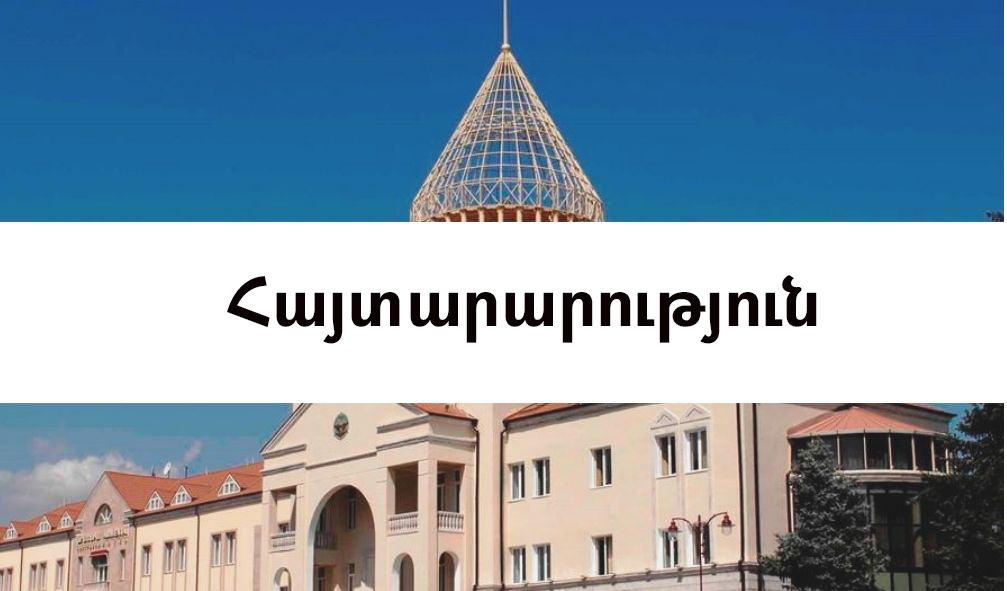
Արցախի Հանրապետության ազգային ժողովի հայտարարությունը
Սիրելի´ հայրենակիցներ 1988թ. փետրվարի 20-ը խորհրդանշական օր է, քանզի 37 տարի առաջ դրվեց մի պայքարի հիմնաքար, որը դարձավ բովանդակ հայ ժողովրդի մտորումների սևեռակետը: Այդ օրը ԼՂԻՄ ժողովրդական պատգամավորների արտահերթ նստաշրջանը, արտահայտելով հայ ժողովրդի միասնական կամքը և առաջնորդվելով ԽՍՀՄ սահմանադրության համապատասխան դրույթներով, որոշում ընդունեց դիմել Ադրբեջանական ԽՍՀ և Հայկական ԽՍՀ Գերագույն խորհուրդներին` ԼՂԻՄ-ը Ադրբեջանի կազմից դուրս […]
Read more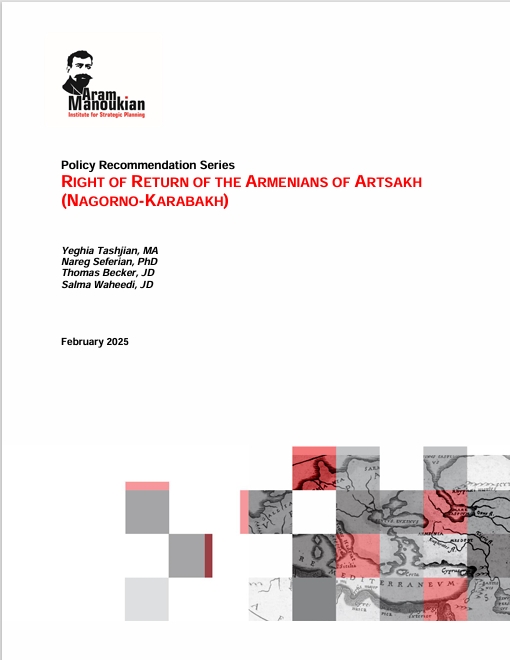
Aram Manoukian Institute for Strategic Planning publishes a policy paper on the right of return of Artsakh Armenians
WATERTOWN, Mass.—In February 2025, the Aram Manoukian Institute for Strategic Planning published its second policy recommendation series on the “Right of Return of the Armenians of Artsakh (Nagorno-Karabakh).” The authors of the paper include Yeghia Tashjian, the Regional and International Affairs Cluster Coordinator for the Issam Fares Institute for Public Policy and International Affairs at the American […]
Read more
Swiss Parliament’s Upper House Committee also approves resolution on the return of Artsakh Armenians
The Foreign Affairs Committee of the Council of States (EPC-E, Upper house of Switzerland’s parliament) at its meeting of 21 January 2025, “examined the motion 24.4259 “Nagorno-Karabakh Peace Forum. Allowing the return of the Armenian population” tabled by its sister committee and adopted by the National Council in the winter 2024 session. The EPC-E adopted […]
Read more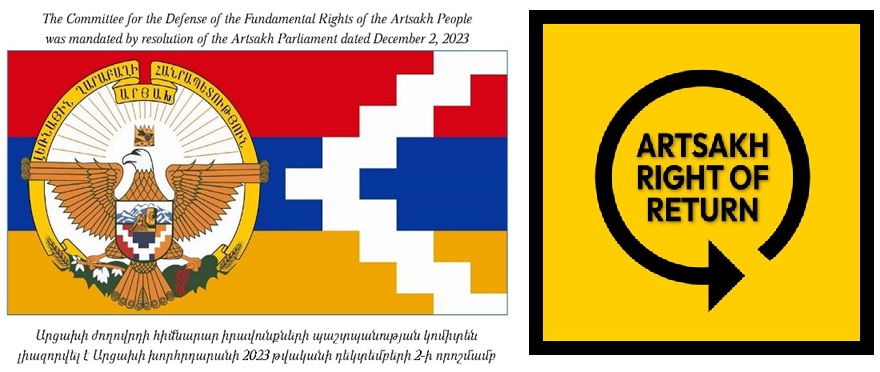
Press Statement by the Committee for the Defense of the Fundamental Rights of the People of Nagorno-Karabakh*
January 20, 2025 The President of Azerbaijan and the Prime Minister of Armenia are set to attend the World Economic Forum in Davos, Switzerland, from January 20 to 24, with a bilateral meeting likely to take place. Additionally, a trilateral meeting involving Mr. Ignazio Cassis, Head of the Swiss Federal Department of Foreign Affairs, may […]
Read more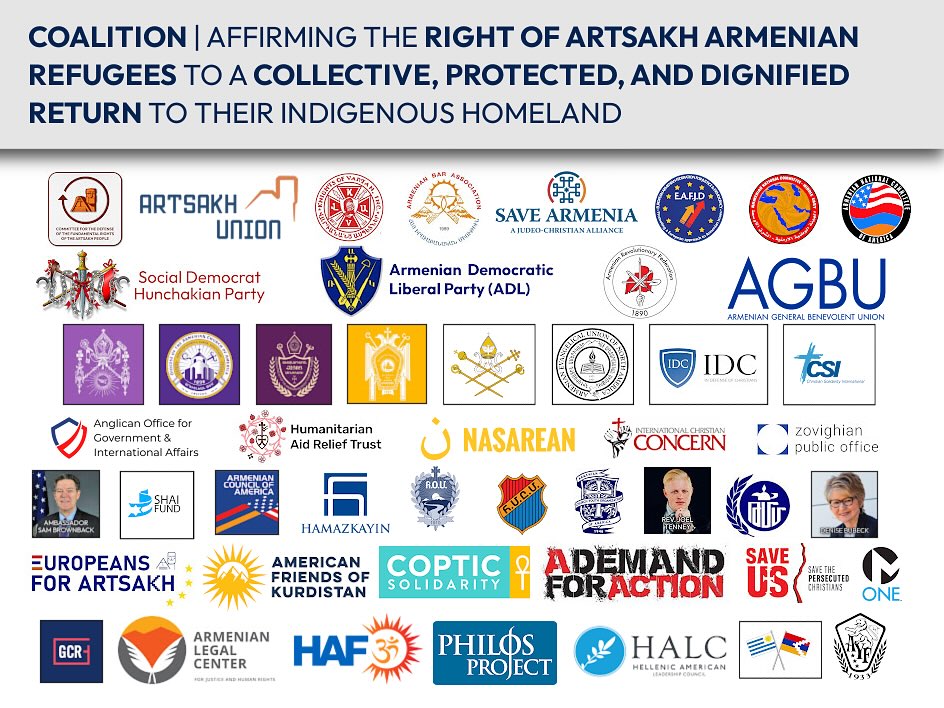
Global Coalition Backs Right of Artsakh’s Armenian Refugees to Return Home
9 January 2025 – Europeans for Artsakh, a civic initiative spanning more than 50 cities across Europe, joins the global coalition endorsing international talks toward “the universally recognized right of indigenous Artsakh Armenian refugees to a collective, protected, and dignified return home.” 27 November 2024 – — Faith-Based and Civil Society Groups Call for an […]
Read more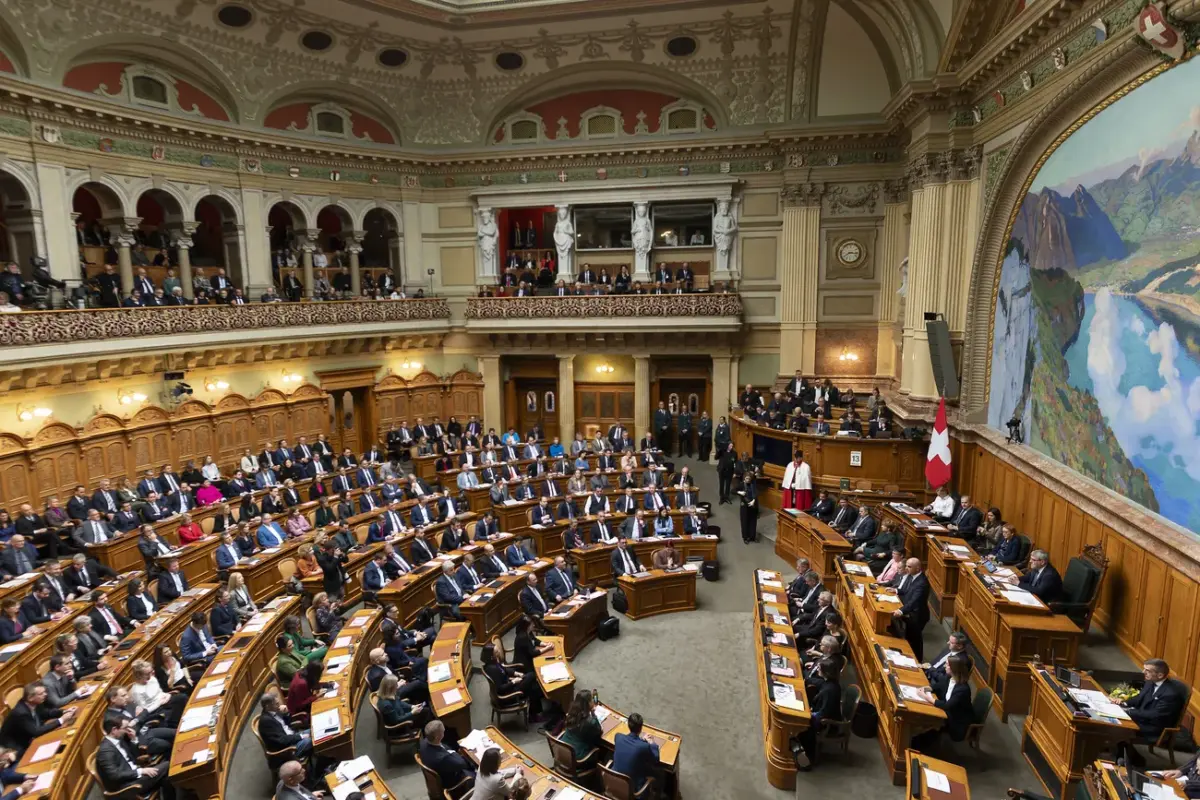
Swiss National Council adopts motion calling on Government to organize Nagorno Karabakh peace forum
On 17 December 2024, the Swiss National Council, the lower house of the Parliament, debated and then voted 96 to 80 with 16 abstentions to adopt a motion calling on the Federal Council to organize an international peace forum on Nagorno Karabakh next year. The adopted motion, submitted by the Foreign Affairs Committee of the […]
Read more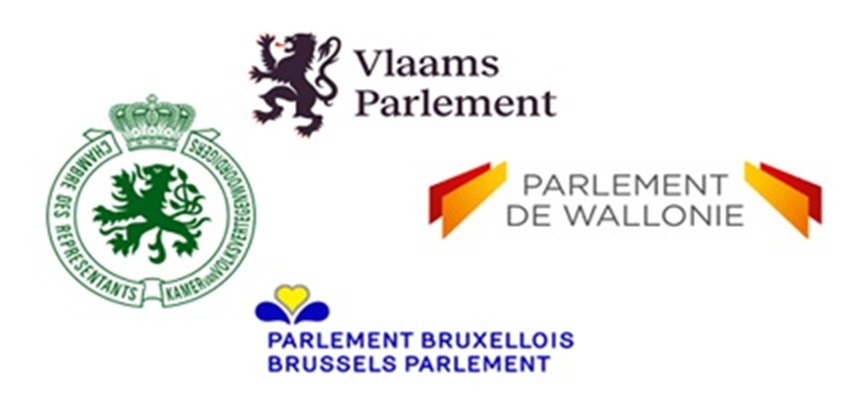
Belgian politicians and parliamentarians address a statement to the governments of Azerbaijan and Belgium as COP29 unfolds
Brussels, 20 November 2024 – In the backdrop of the COP29 currently taking place in Baku 20 members of the Belgian Federal Parliament, the Flemish Parliament, the Walloon Parliament, and the Parliament of the Brussels-Capital-Region address the Azerbaijani Government and the Belgian government’s delegation to COP29, with three main demands: liberation of the Armenian prisoners of […]
Read more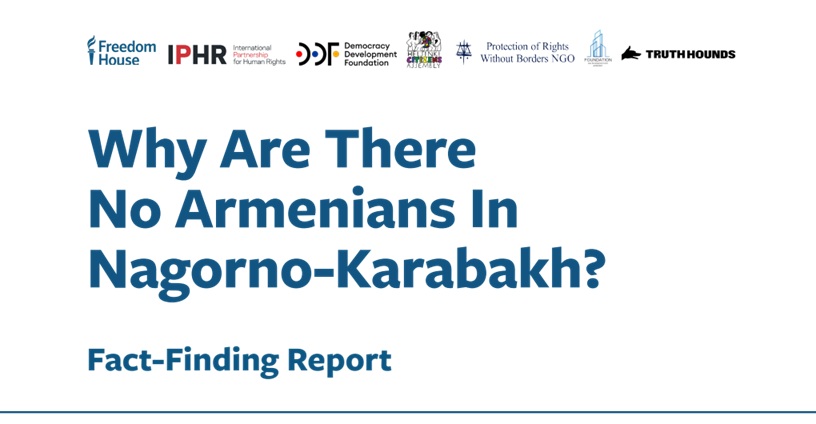
New Report: Azerbaijani Regime Ethnically Cleansed Nagorno-Karabakh According to International Fact-Finding Mission
International Partnership for Human Rights, Freedom House, Democracy Development Foundation, and partners found that Azerbaijani authorities waged a deliberate campaign to empty Nagorno-Karabakh of its ethnic Armenian population. The Azerbaijani regime engaged in ethnic cleansing against the ethnic Armenian population of Nagorno-Karabakh, according to a report released today from an international fact-finding mission composed of […]
Read more
A conference titled “COP29 in Baku: Greenwashing an Ethnic Cleansing?” took place in the European Parliament
On 6 November 2024 a conference titled “COP29 in Baku: Greenwashing an Ethnic Cleansing?” was held at the European Parlement. The conference focused on various aspects of holding this global UN conference in Azerbaijan, notably in the context of the developments in the region, such as the ethnic cleansing of the indigenous Armenian population of […]
Read more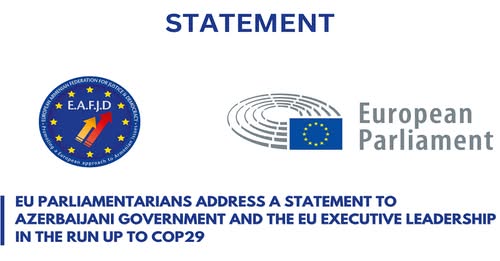
EU parliamentarians address a statement to Azerbaijani government and the EU executive leadership in the run up to COP29
5 November 2024 Brussels – In the run-up to COP29 to take place in Baku later this month, 52 Members of the European Parliament (MEP) address three main demands to the Government of Azerbaijan and the EU executive leadership, concerning the Armenian prisoners of war in Azerbaijan, the Armenian cultural heritage in Nagorno Karabakh/Artsakh as […]
Read more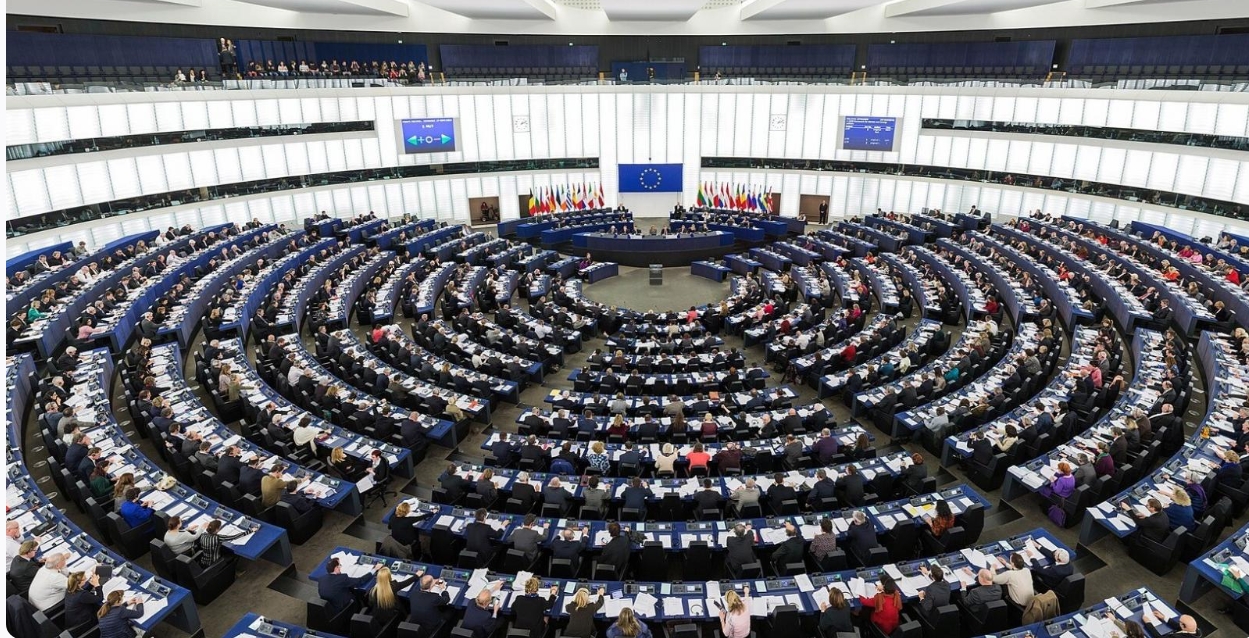
European Parliament calls on Azerbaijan to release Armenian prisoners, ensure return of Nagorno-Karabakh (Artsakh) population
Brussels, 24 October 2024 – In its plenary session on October 24, the European Parliament (EP) adopted the resolution on “The situation in Azerbaijan, violation of human rights and international law and relations with Armenia” with 453 votes in favor, 31 against, and 89 abstentions. This vote had been preceded by a parliamentary debate on the subject on […]
Read more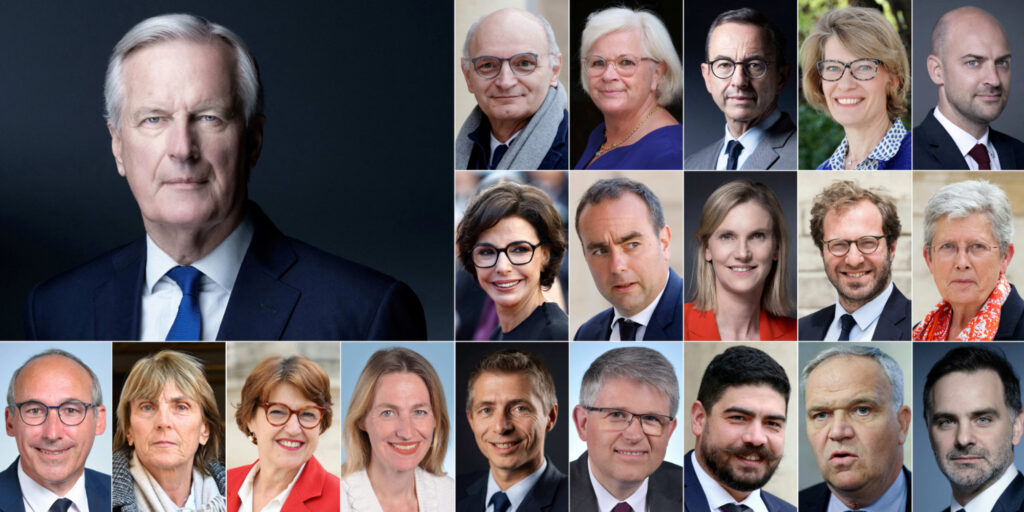
Ֆրանսայի նոր կառավարութիւնը՝ Հայաստանի ու Արցախի նպաստաւոր
ՖՐԱՆՍԱ-ԱՐՑԱԽ ԲԱՐԵԿԱՄՈՒԹԵԱՆ ՇՐՋԱՆԱԿԻ ՄԱՄԼՈՅ ՀԱՂՈՐԴԱԳՐՈՒԹԻՒՆ Երեքշաբթի, Սեպտեմբեր 24, Փարիզ – Անցեալ շաբաթավերջին յայտնի դարձաւ նոր կառավարութեան կազմը։ Ֆրանսա-Արցախ բարեկամութեան շրջանակը ուրախ է այս կառավարութեան կազմին մէջ գտնելով Հայաստանի եւ Արցախի բազմաթիւ բարեկամներ, որոնց կը յայտնէ յաջողութեան իր ջերմ մաղթանքները։ Վարչապետ Միշէլ Պարնիէ Հայաստանի ու Արցախի ջերմեռանդ պաշտպանն է. ան այցելած է Հայաստան ու Արցախ 2021 Դեկտեմբերին՝ […]
Read moreAbout Artsakh
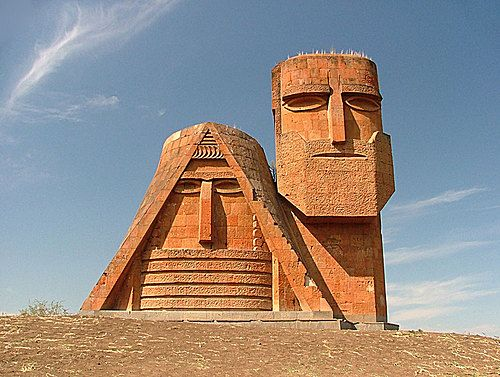
Official name: The Republic of Artsakh or the Nagorno Karabagh Republic
Capital: Stepanakert
State Language: Armenian
Religion: The majority of the population is Christian (Armenian Apostolic Church)
Main Law: Constitution (adopted through a nationwide referendum on February 20, 2017)
Currency: Armenian Dram (AMD), put into circulation in 1993
Population: 148.1 thousand people (as of January 1, 2016)
Ethnic Composition: Armenians (99%), Russians, Ukrainians, Greeks, Georgians, Azerbaijanis, Belarussians and others
Territory: 12,493 km2, of which 1,041 km2 are under the occupation of Azerbaijan
The conflict of Artsakh
The Karabakh issue dates back to the period of the collapse of the Russian Empire and the formation of nation-states in the South Caucasus (Transcaucasia). The aspiration for self-determination and re-unification within a united Armenian state to eliminate the permanent threat of physical annihilation lay at the core of the issue.
In the autumn of 1917, after the rise of the Bolsheviks to power and the outbreak of civil war in Russia, Transcaucasia became practically cut off from the rest of the territories of the Russian state. Under these conditions, the Transcaucasian Commissariat took control of Transcaucasia. It convened the Transcaucasian Sejm (parliament) on February 10 (23) 1918 and set out to determine the organization of the government and form the authorities of the region.
Under pressure from Turkey2, the Sejm announced the secession of Transcaucasia from Russia and declared the independence of the Transcaucasian Democratic Federative Republic on April 9, 1918. However, the united federation was short-lived because of the severe contradictions – pertaining mostly to the Turkish invasion of Transcaucasia3 – that arose between the main parties from the very first days of independence. The stance of Muslim parties made it impossible to repel the Turkish troops in an organized manner, thus precipitating the collapse of the federation.
On May 26, 1918, “taking into consideration the diverging differences on the issues of peace and war between the peoples-architects of the Transcaucasian independent state”, the Sejm proclaimed the breakup of the Transcaucasian Democratic Federative Republic and resigned. On the same day Georgia declared its independence; the Republic of Armenia and the Democratic Republic of Azerbaijan did so on May 28.
However, before the breakup of the Transcaucasian Sejm, a secret delegation had been sent to Istanbul by the representatives of Azerbaijani political parties to negotiate the assistance of the Young Turks in the process of declaring the independence of “the second Turkish state”. During the meeting with the Turkish leadership, the sides agreed on further programmes of cooperation, particularly on the assistance of Turkish servicemen in creating and financing the armed forces of a future Azerbaijan and the support of the local Turkic population for the Turkish troops.
Permanent Representations
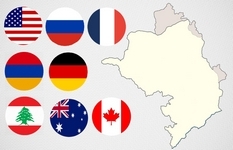
Permanent Representation of the Republic of Artsakh
in the Republic of Armenia
Permanent Representative: Sergey Ghazaryan
Residency: Yerevan, Armenia
Address: 17a/2 Nairi Zarian Street, Yerevan, Republic of Armenia 0051
Tel.: +374 10 24 99 28
Tel. of the Consular Division: (+37410) 24 97 05
Fax: +374 10 24 99 25
E-mail: yerevan@mfa.nkr.am
Read more
Declaration of the "Pro Artsakh" forum
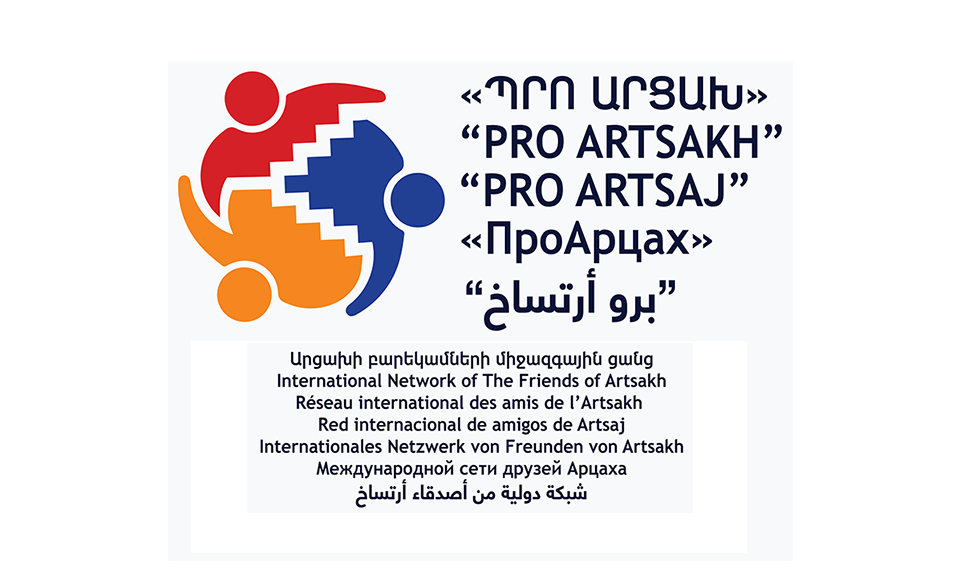
The participants of the Friends of Artsakh Forum “Cooperation for Justice and Peace”, which took place in Stepanakert, on October 11, 2019, adopted a concluding Declaration. Below is the full text of the Declaration։
Read morePublications
International Cooperation

International Cooperation
The Nagorno Karabakh Republic attaches great importance to integration in international processes aimed at the consolidation and development of cooperation in economic, political and cultural spheres. The NKR works towards establishing and developing decentralized cooperation between communities of Artsakh and different foreign states. Along with consolidation of friendly relations between peoples, such ties also create […]
Read more.
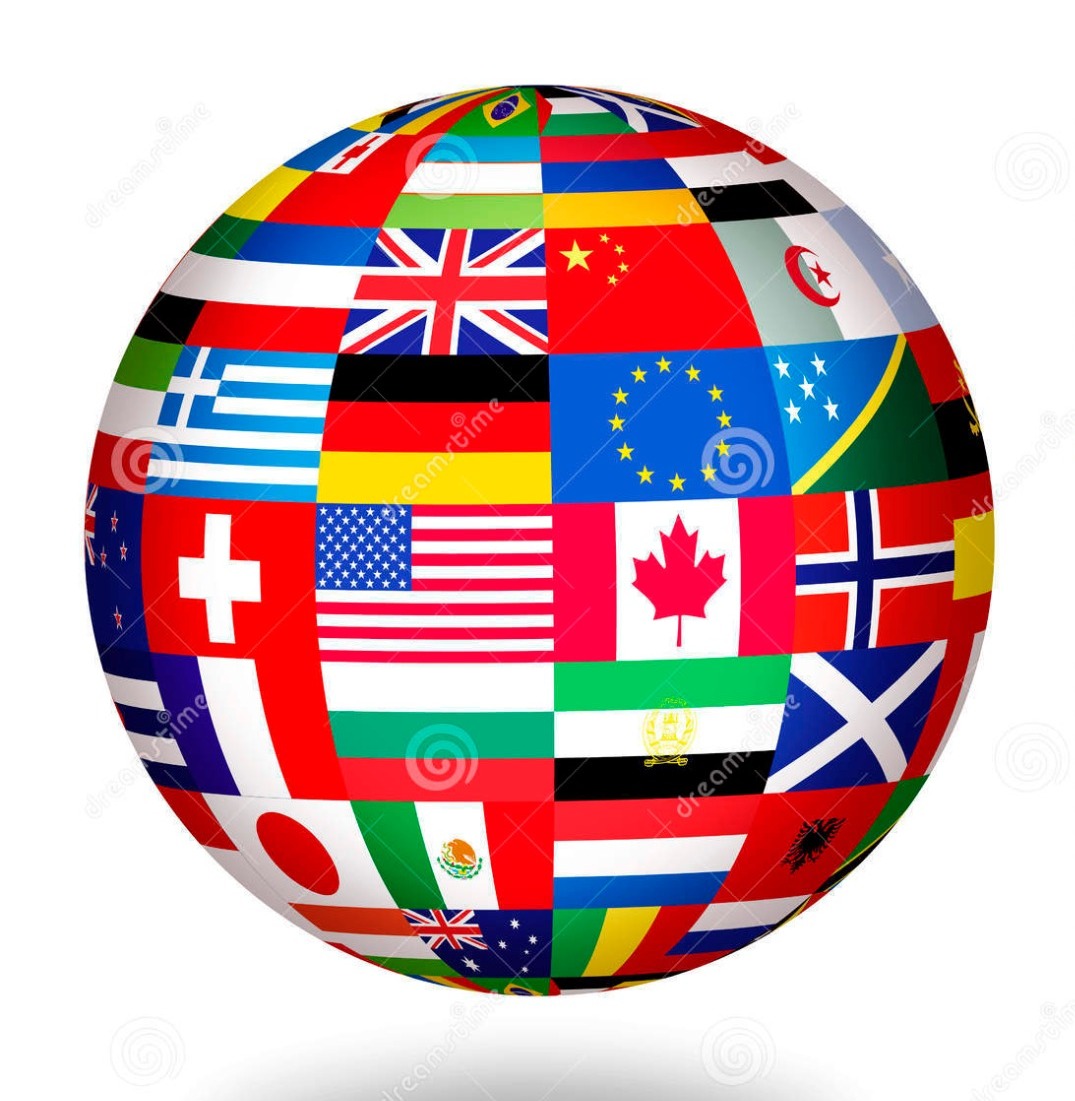
International Recognition
International recognition of its independence is one of the key priorities of the foreign policy of the Nagorno Karabakh Republic (Artsakh Republic). The people of the Nagorno Karabakh Republic expressed their determination to build and strengthen their statehood based on democratic norms twice; in the independence referendum on December 10, 1991 and the constitutional referendums on December 10, 2006 and February 20 [...]
Read More.

Interparliamentary Relations
«Republic of Artsakh – European Parliament» Friendship Group
Vahram R. Balayan («Armenian Revolutionary Federation» faction) Group Leader
Aram K. Harutyunyan («Free Motherland-UCA» faction)
Ashot K. Danielyan («Free Motherland-UCA» faction)[...]
Read More


